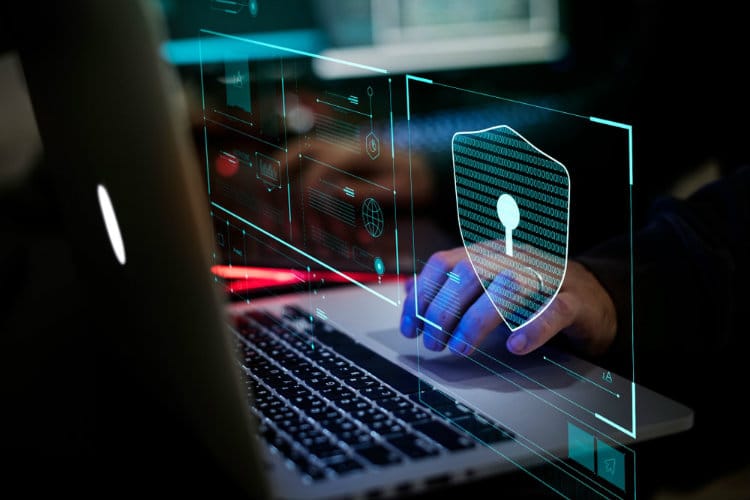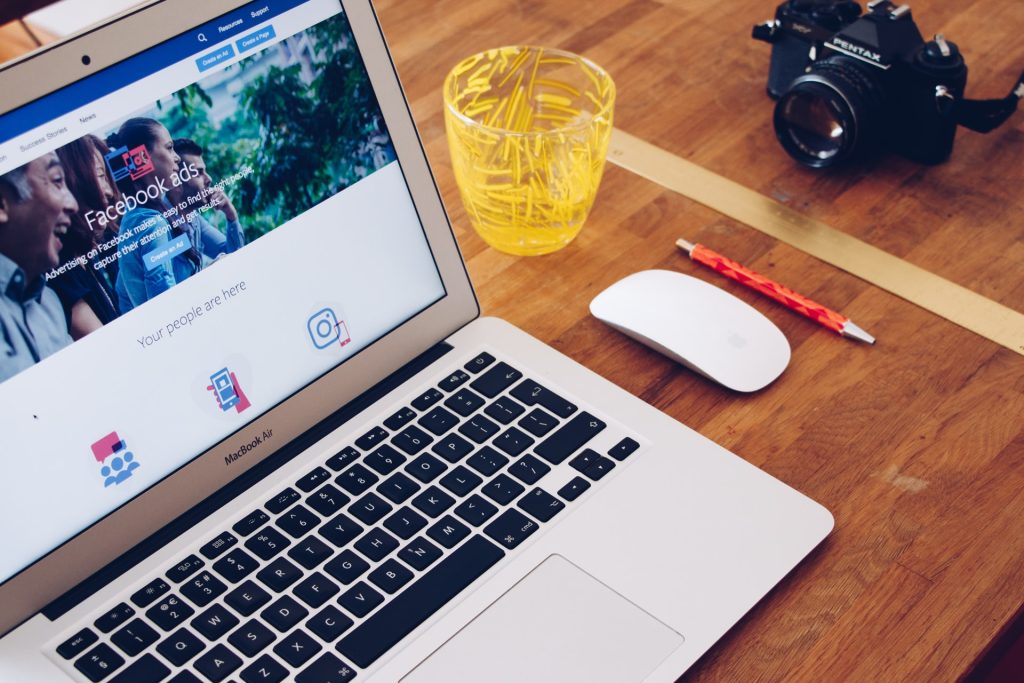The importance of internet security and privacy in 2022 has led to a lot of discussion on the subject of VPNs. Everyone should use a VPN service, including residents, mobile phone users, companies, and businesses.
In addition to protecting you from hackers, it also shields you from ISP, governmental, and other third parties spying on your internet activities.
What Is VPN

A VPN (Virtual Private Network) application improves your online privacy and security. It creates an encrypted tunnel that conceals your identity, data, and browsing activity by routing your traffic through a private server.
Additionally, it can bypass firewalls and internet blocks to access geo-blocked websites like Netflix, giving users even more freedom online. A VPN is simple to download and set up, making accessing it simple.
It doesn’t require technical expertise, so anyone can start using it immediately. Download the app, locate the server, and connect to increase your online security.
Is VPN Safe to Use in 2022
On the Internet, anonymity is not the same thing as privacy. Your data is sent encrypted to a server that all users use for a VPN to function.
The data is sent to the free Internet after passing these servers. The shared IP address helps to keep you somewhat anonymous, but this might easily change. The VPN protocol itself is safe.
Nevertheless, you should research many companies that provide this technology. As with any other application, VPN applications can have weak code or programs.
Although much effort is put into keeping it as secure as possible, flaws are occasionally discovered. How soon a VPN service updates its offerings to fix this vulnerability is an indicator of quality.
What Does VPN Protect You from in 2022
1. Location Exposure

VPN allows you to get a faster internet connection on speed-limiting providers and facilitate communication on the Internet, which is getting increasingly crowded. It can also help you to get around internet bans.
VPNs are also used to get around geographical restrictions. You don’t want anyone to know where from you are searching on the Internet.
2. Secure Your Wi-Fi Connection
VPN is used to secure the connection, i.e., links so that others cannot see what you have searched for, watched, or done on the Internet, when and where, and all other information about you.
VPN gives you access to websites that have been blocked and safeguards your privacy. It encrypts your connection to prevent Google, Facebook, and your ISP from following your online activities. It will help you make your internet connection faster and more reliable.
3. Protect You from Ads

Many common uses of VPN exist that have nothing to do with piracy, torrents, or related activities. For instance, a VPN might shield you from bothersome web adverts.
You can use it to keep you safe when reading online publications and prevent anyone from knowing what you are interested in. Additionally, a VPN can be utilized to watch legally available online content from another nation without infringing the law.
4. Public Wi-Fi
Connecting to public Wi-Fi is not always a wise idea. Don’t risk others accessing your sensitive data and identity when using a hotel, airport, or shopping mall Wi-Fi.
Switch to a VPN and make sure everything you do is encrypted. This is especially important if you use online banking and purchasing while connecting to public Wi-FI.
Today, every website, service, and program strives to expose your privacy. VPN is a handy tool that can make it simpler for you to safeguard your privacy online. A VPN is a wise investment if you value your online privacy and security.
